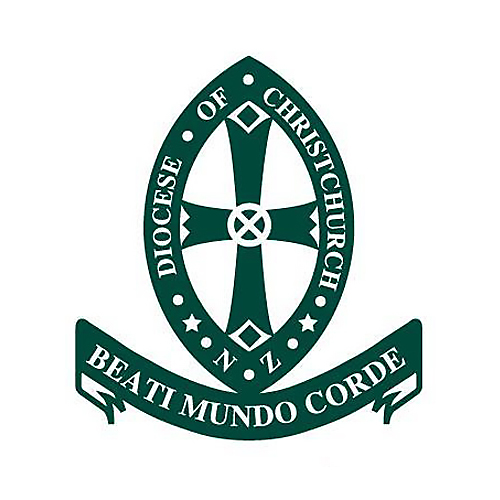
Wellbeing Theme: Flexible Critical Thinker
Being a flexible, critical thinker is an aspiration for students to achieve by the time they are ready to leave St Margaret’s College; it is one of the attributes of our Graduate Profile.
A flexible thinker is one who is able to think about something in a different way. They can shift their mindset from the old way of doing something to a new way of working and is linked to creativity.
It is an important skill and a key executive function to develop in the brain. It helps people get along together, helps groups function effectively and helps to problem-solve or try new ways when the usual way is not working.
According to understood.com Flexible thinking (experts may call it cognitive flexibility) allows us to shift gears and think about something in more than one way. It plays an important role in both learning and daily life.
Seven Ways to Develop Cognitive Flexibility...
1. Alter your everyday routine...
2. Seek out new experiences...
3. Practice thinking creatively...
4. Don't always take the easy way...
5. Go out of your way to meet new people...
6. Transfer your learning...
7. Challenge your morals.
A critical thinker thinks more deeply on a topic and asks questions to seek a deeper understanding. They look for evidence that supports a claim, think about their own biases and how they know something is true, consider the other side of an issue.
Based on the APA Expert Consensus Delphi Reportdescription of strong critical thinkers. Strong critical thinkers demonstrate the following characteristics:
- inquisitiveness with regard to a wide range of issues
- concern to become and remain well-informed
- attentive to opportunities to use critical thinking
- self-confidence in one’s own abilities to reason
- open-mindedness regarding divergent world views
- flexibility in considering alternatives and opinions
- alertness to likely future events in order to anticipate their consequences
- understanding of the opinions of other people
- fair-mindedness in appraising reasoning
- honesty in facing one’s own biases, prejudices, stereotypes, or egocentric tendencies
- prudence in suspending, making or altering judgments
- willingness to reconsider and revise views where honest reflection suggests that change is warranted
By combining the characteristics of both the flexible thinker and the critical thinker, students will have the skills needed for the future. These skills “will prepare them to learn and adapt faster and keep up to date with relevant changes in their fields of study, whatever they may be.” (ACER for Thinking)
